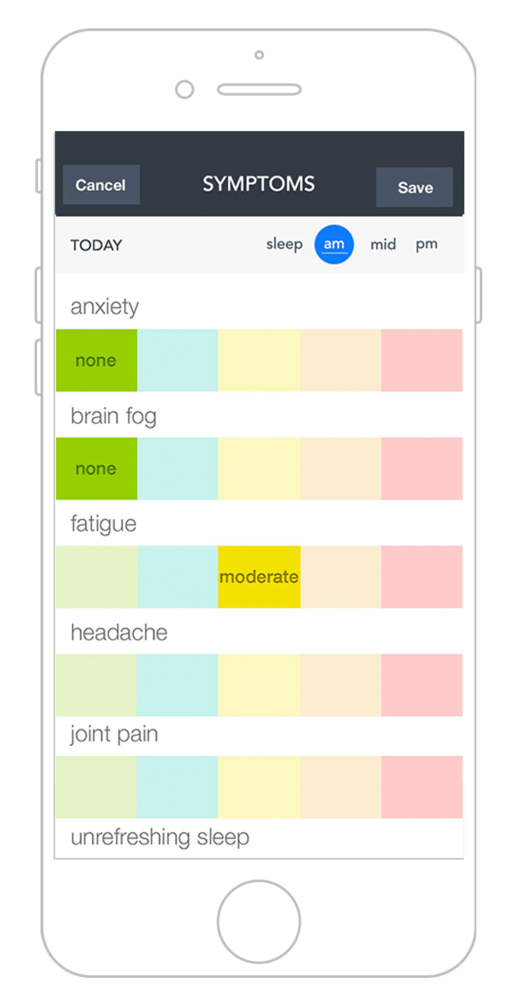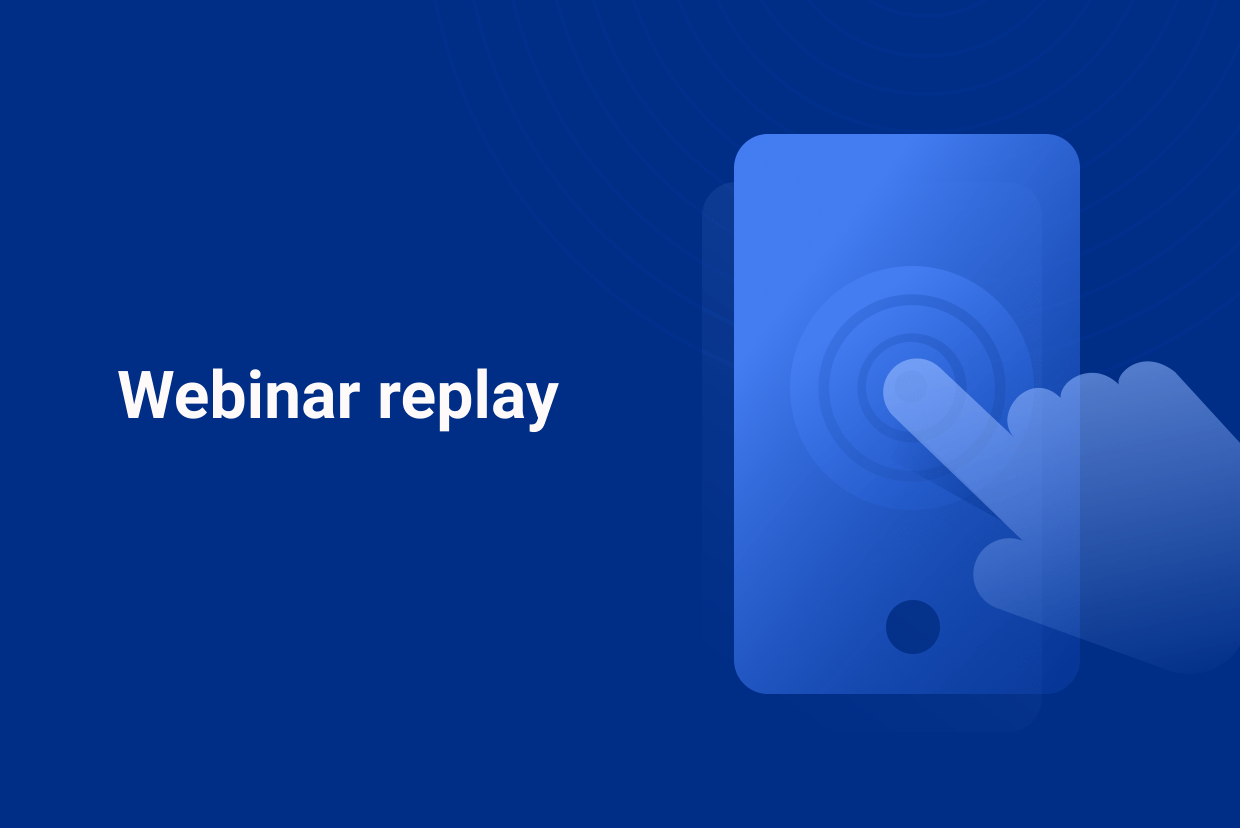
You most probably have already experienced digital healthcare in some shape or form. Whether that is a fitness band to count your steps, or you’ve sent pictures or video to your doctor or medical insurer ahead of a face-to-face or telephone appointment. But when it comes to mental health, we usually hear about the negative effects of technology, such as the gaming addiction or the link between social media usage and depression. So naturally, the question comes up: If technology is the problem, can it also be the solution?
We believe so. Covid-19 has been a catalyst for us to start better understanding our mental health and wellbeing and technology has been a key driver in helping to do so. From AI-assisted therapy to digital symptom tracking, we take a look at some of the ways technology has influenced mental health for the better.
1. AI- and smartphone-assisted therapy
AI and machine learning have the potential to revolutionise how caregivers diagnose and treat mental health conditions. Modern algorithms can analyse speech patterns and facial expressions and alert when there are signs of conditions like depression or post-traumatic stress disorder. Through language analysis, AI can learn how someone is feeling based on analysing the sentiment of a text and the emotion conveyed in it.
AI technology is also the basis for chatbots, computer programs that simulate human conversations. Chatbots are available 24/7, anywhere and are a low-cost, affordable treatment option. While they don’t fully substitute human interaction, they can offer a lifeline for patients who need immediate help or to those who can’t afford regular visits to a therapist.
2. Wearables
One of the greatest challenges for patients is tracking their mental health throughout the day when life gets busy. Many times our mental health is closely linked to physical markers. Smart watches and fitness bands are among the most popular wearables that monitor one’s health and wellbeing by collecting data on sleep habits, daily activity levels and providing users with reminders and recommendations. Research is also underway for creating a wearable smart skin patch that can monitor signs of stress by assessing pulse waves, skin temperature and more. This data could then be sent to the wearer’s phone, which then alarms users when their stress levels are increasing.
3. Digital symptom tracking
Tracking mental health symptoms manually can be time-consuming and ineffective, so tools like Symple emerged to provide a convenient and a more accurate way to track mental wellbeing. Virtual journals and health diaries prompt users to record their mental state regularly, and when the AI-enabled algorithm spots deviations from the norm, it can send notifications to therapists. Acting on early signs of anxiety and depression can go a long way in improving a patient's mental health.
 Source: Symple
Source: Symple
4. Telepsychiatry
Online psychiatry works a lot like online therapy. In addition to talk therapy through mediums like video calls, phone calls, and text, online psychiatrists can help with medication management.
Existing research suggests that online psychiatry can be an effective, affordable, and accessible alternative to face-to-face sessions. Some researchers even suggest that younger patients actually prefer telepsychiatry to traditional in-person psychiatry visits. The evidence from these studies says that telepsychiatry is especially effective for the treatment of post-traumatic stress disorder (PTSD), depression, and ADHD.
Telemedicine companies like Talkspace, Ginger and LyraHealth have made access to counsellors and healthcare professionals easier by opening the lines of communication and support, and reducing the need to wait for an in-person appointment during times of distress.
5. Digital support groups
Support groups have existed for a long time, but following the global pandemic, more and more of them moved to a hybrid or online format. For some patients, group support might actually work better online. Online support groups are much more accessible, because they give patients more flexibility in finding the group that specifically meets their needs. Peer support apps like ChatSpace, TalkLife and Unmasked can also be effective in providing support in between appointments or group sessions.
 Source: AppAdvice
Source: AppAdvice
6. VR therapy
We tend to remember information best when we’re in the same physical or mental state as we were when the memory was initially formed. This is known as state dependent learning. VR environments can be particularly useful in creating simulations of real-world situations, where patients gradually train their brains to build up immunity to past traumas until those thoughts no longer negatively affect them. In a recent study, 30 patients with fear of real-world social situations had their delusional convictions reduced by around 20% via VR cognitive therapy, showing this technique to be a powerful tool in future treatment, and more effective than traditional exposure therapy.
The future of technology in mental health care
Two years ago, Calm became the first mental health unicorn, and just a few weeks ago, two of the most prominent companies in the mental health space, Headspace and Ginger merged to form Headspace Health. Following the growing consumer demand, the global mental health market size was valued at $383.31 million in 2020 and is expected to continue growing in the years to come.
We are probably far from reaching a time when doctors prescribe implants and VR sets, rather than medication and talking therapies to treat mental health issues. Nevertheless, it is clear by now that by combining traditional mental healthcare and new technologies, we can reduce treatment wait times and costs, and work towards making mental healthcare accessible and more affordable for everyone.




